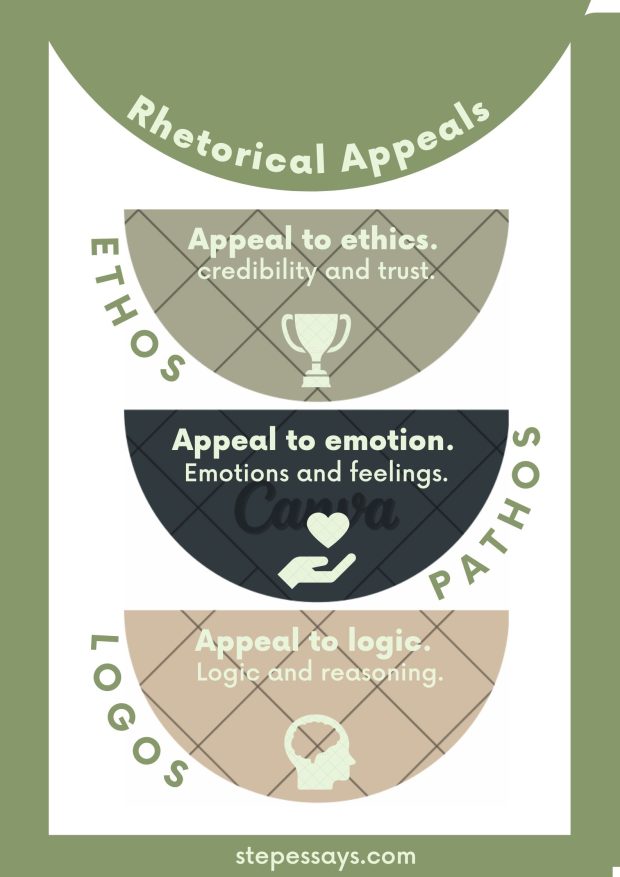Introduction
Revision is the lifeblood of good writing. When it comes to crafting a rhetorical essay, the process of revising and refining is even more crucial. Rhetorical essays require a delicate balance of persuasive techniques, clarity, and precision in language. In this comprehensive guide, we will look into the strategies and techniques to effectively revise and refine your rhetorical essay paper, ensuring that your message resonates with your audience and achieves its intended impact.
Understanding the Rhetorical Situation

revision
Before diving into the revision process, it’s essential to revisit the fundamentals of the rhetorical situation. This includes understanding the audience, purpose, context, and subject matter of your essay. Ask yourself:
-
- Who is my target audience, and what are their values, beliefs, and attitudes?
- What is the purpose of my essay? Am I aiming to persuade, inform, entertain, or provoke?
- What is the broader context in which my essay exists, and how does it influence the reception of my message?
- What specific subject matter am I addressing, and what are the key arguments or points I’m making?
Analyzing the Structure and Organization during revision
Effective rhetorical essays have a clear and logical structure that guides the reader through your argument. During the revision process, pay close attention to the organization of your essay:
-
- Introduction: Does the introduction effectively grab the reader’s attention and provide necessary background information? Does it clearly present the thesis statement or main argument?
- Body Paragraphs: Are the body paragraphs well-structured and focused on supporting the main argument? Do they provide sufficient evidence, examples, and analysis to persuade the audience?
- Transitions: Are there smooth transitions between paragraphs and sections? Do they help maintain the coherence and flow of the essay?
- Conclusion: Does the conclusion effectively summarize the main points and reiterate the significance of the argument? Does it leave a lasting impression on the reader?
Strengthening Persuasive Techniques in Revision
Rhetorical essays rely heavily on persuasive techniques to convince the audience of a particular viewpoint or argument. During the revision process, consider the following strategies to strengthen your persuasive appeal:
-
- Ethos: Review your use of ethos, or credibility, in the essay. Are you establishing yourself as a trustworthy and knowledgeable source? Are you citing reputable sources and providing evidence to support your claims?
- Pathos: Evaluate the emotional appeal of your essay. Are you effectively appealing to the reader’s emotions to evoke empathy, sympathy, or concern? Are you using vivid language, anecdotes, or imagery to create emotional resonance?
- Logos: Assess the logical appeal of your argument. Are your claims supported by sound reasoning and evidence? Are you using logical fallacies or faulty reasoning that weaken your argument?
- Kairos: Consider the timeliness and relevance of your argument. Is your essay addressing a pressing issue or current event? Are you framing your argument in a way that resonates with the current cultural or societal context?
Clarifying and Streamlining Language during revision
Clarity and precision are paramount in rhetorical essays, as they help ensure that your message is understood by the audience. During the revision process, focus on refining your language:
-
- Eliminate Ambiguity: Identify any vague or ambiguous language in your essay and clarify it. Replace abstract terms with concrete examples, definitions, or explanations.
- Cut Redundancy: Remove any redundant phrases or words that do not add value to your argument. Trim unnecessary qualifiers, modifiers, or repetitions to streamline your prose.
- Simplify Complex Ideas: Break down complex ideas or concepts into simpler terms that are more accessible to the reader. Avoid jargon, technical language, or convoluted syntax that may confuse or alienate your audience.
- Enhance Clarity: Use clear and straightforward language to express your ideas. Pay attention to sentence structure, grammar, and punctuation to ensure that your writing is free of ambiguity and confusion.
Incorporating Feedback and Peer Review
Seeking feedback from peers, instructors, or writing tutors can provide valuable insights and perspectives on your rhetorical essay. During the revision process, consider the following tips for incorporating feedback:
-
- Be Open-Minded: Approach feedback with an open mind and a willingness to revise and improve your essay. Avoid being defensive or dismissive of criticism, and instead view it as an opportunity for growth.
- Consider Multiple Perspectives: Solicit feedback from a diverse range of sources to gain different perspectives on your essay. Consider how different audiences might interpret and respond to your argument.
- Prioritize Feedback: Focus on addressing the most significant or recurring feedback first. Identify common themes or areas for improvement and prioritize revisions accordingly.
- Revise Strategically: Use feedback to guide your revision process and make targeted improvements to your essay. Experiment with different strategies and approaches to see what works best for conveying your message effectively.
Conclusion
Revising and refining a rhetorical essay is a thorough process that requires careful attention to detail and a commitment to excellence. By understanding the rhetorical situation, analyzing the structure and organization, strengthening persuasive techniques, clarifying language, and incorporating feedback, you can elevate your essay to new heights of clarity, coherence, and persuasiveness. Remember that revision is not just about fixing errors; it’s about refining your ideas, improving your argument, and maximizing the impact of your writing on your audience. With dedication and persistence, you can master the art of revising and refining rhetorical essay papers, ultimately achieving your goals as a persuasive communicator.
